India celebrates technological advancement with National Technology Day
By MYBRANDBOOK
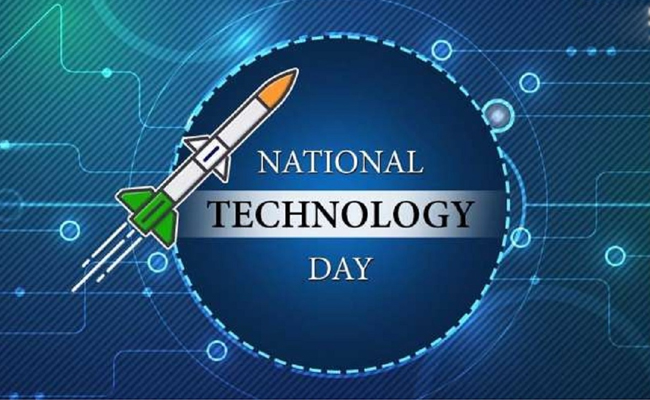
Following the success of the famous Pokhran nuclear test in the year 1998, India has been celebrating National Technology Day on 11 May every year. This day celebrates the achievements and acknowledges the hard work of scientists, researchers, engineers, and teachers.
This day reminds the public about the scientific advancements made by the country. India has come across a long way and observed a significant growth in the fields of science and technology. Technology today plays an important role in our day to day life and at the same time it also contributes to our economic growth.
Prime Minister Narendra Modi has conveyed his “gratitude” towards the scientists and their “efforts” on the occasion of National Technology Day. Remembering the “exemplary leadership” of Atal Bihari Vajpayee, PM Modi stated that he showed “outstanding political courage and statesmanship.”
In a Twitter post he said, “Today, on National Technology Day, we express gratitude to our brilliant scientists and their efforts that led to the successful Pokhran tests in 1998. We remember with pride the exemplary leadership of Atal Ji who showed outstanding political courage and statesmanship.”
Now let’s see what the IT industry veterans have to say about this day -
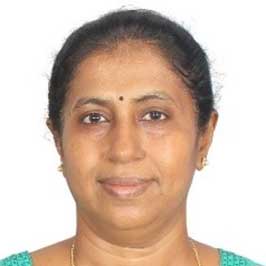 Sudha KV, Vice President, Dell Technologies, India
Sudha KV, Vice President, Dell Technologies, India
“In todays’ digital age, technology is driving human progress and the driving force behind technological growth comes with introducing disruptive ideas. Dell Technologies continues to be one of the global leaders in producing server tech, and India has a key role to play in this. Our Bengaluru R&D centre has been instrumental in bringing about cutting-edge technology in the server portfolio. Right from conceptualization of the servers, to product upgrade and then retiring the offerings, and thinking about the next product and technology trends, the Bengaluru R&D centre is the locus of innovation. Having filed over 100 patents in the last 3-4 years, the team at the Bengaluru centre has been dedicatedly helping Dell Technologies meet their goals of driving growth through technology.
To integrate software and hardware with specific capabilities, the R&D centre runs about 7 petabytes of networking traffic, 1600 virtual machines and 1400 test configurations to mimic all possible customer scenarios before making solutions available to global markets. With highly skilled engineers, distinguished technical staff and a dedicated team of designers and developers, the team is able to churn out adaptive and autonomous modern infrastructure solutions aligned with modern workloads which meet the customer interests in the areas of cloud computing, AI, analytics and edge computing. Our aim is to increase efficiency and boost performance of end-user computing with new developments and improvements to their PowerEdge portfolio, which allow customers to bring the computing power closer to their data, and our R&D centre is at the cornerstone of these innovations.”
 Sandeep Bhambure, Vice President, Veeam Software – India & SAARC
Sandeep Bhambure, Vice President, Veeam Software – India & SAARC
“Digital technologies have the potential to revolutionize and reinvent how everyone does business in an increasingly connected world. In recent years, organizations have seen a rapid increase in the adoption of digital services as a result of hybrid work models, growing data security concerns, and overall business disruptions. As perVeeam's Data Protection Trends Report 2022 "84 percent of Indian organizations experienced ransomware attacks, making cyber-attacks one of the leading causes of downtime for organizations, for the second year in a row." The growing importance of digital services, data proliferation, and the ever-changing threat landscape have resulted in an increase in cyber-attacks (ransomware), making it critical for businesses to ensure that their organization's data is always secure. As a result, organizations are now considering aligning with a data protection framework that provides a dependable strategy when normal operations are disrupted.
We at Veeam believe that secure backup is the last line of defense against ransomware. We strive to provide modern data protection to our customers by delivering secure and reliable backup solutions that eliminate downtime, minimize data loss and prevent organizations from paying a costly ransom, ensuring business continuity, and thus contributing to a sustainable future.”
 Ravi Chhabria, Managing Director, NetApp India
Ravi Chhabria, Managing Director, NetApp India
“At NetApp, innovation is at the heart of everything we do, and it all starts with our ability to harness the power of the data we have and use it to change people's lives. Management of storage, regardless of where it exists across clouds, infrastructure, and as a service, has become a vital competence for all enterprises as India experiences the age of cloud adoption and data explosion.
NetApp is many years ahead of its closest competitors in the fight to modernise and transform in the cloud. Because of its unique ability to function smoothly across hybrid clouds, NetApp's flagship data management software, ONTAP, is immensely popular with its customers throughout the world. Our secret sauce is ONTAP, which was co-developed by the company's Bengaluru R&D team.
Our industry-leading storage infrastructure capabilities may be expanded to any format – on premises and in the cloud – and even between cloud service providers using ONTAP. This is the cornerstone for hybrid multi-cloud, and it also simplifies the management of both structured and unstructured data, reaping tremendous benefits in terms of manageability, storage efficiency, and interoperability. The team in India is responsible for a large portion of this effort.
On National Technology Day, we look back with pride on how our innovations work to make our customers take advantage of technology at an accelerated pace.”
Shriranga Mulay, Vice President, Product Development & Engineering, NTT Ltd.
“Digital technologies will be critical in building a sustainable, high-performance, and safer future for all. AI, cloud, cybersecurity, and integrated ecosystems connected with high-performance networking and computing are going to be the facilitators of the future normal of diversity and global inclusion. The majority of the tech companies including NTT are taking a range of steps to use advanced technology to create solutions that improve efficiency and reduce carbon footprint. There is an obligation to make the world better connected, and sustainable for future generations. Switching to renewable energy generation, and deploying technology that reduces the consumption of power as well as other natural resources such as water, are some of the key steps adopted as a part of a holistic and integrated approach for a sustainable future. The aim is to not only move towards Net-Zero and other sustainability goals ourselves but also create technologies that help other players in different verticals to achieve the same objectives. We aim to use technology solutions that help protect, restore and regenerate the natural world, conserving precious natural resources for future generations.”
 Ramprakash Ramamoorthy, Director of research, ManageEngine
Ramprakash Ramamoorthy, Director of research, ManageEngine
"India is at the cusp of embracing a digital revolution across the country at a scale that's unforeseen, thanks to advances in technology like unified payments interfaces. India's completely digital vaccination platform, COWIN, is a testament to the country's capacity to scale implementation and adoption of technology driving the digital revolution. As we accelerate this digital journey, it's pertinent to understand and appreciate the importance of IT in our country's growth. Today, the first touchpoint of many businesses is digital, and IT teams have to be equipped with the right tools and techniques to ensure systems stay up and relevant. There has also been an ever-increasing cyber security threat landscape, which has to be addressed with emerging defense techniques that include technologies like AI. Unlocking the true potential of IT by integrating it with the latest technology will be a key factor in the next decade of India's growth in technology."

“Today, technology has become all pervasive and helps create needle moving outcomes across all industries and governments as well. The development and adoption of solutions through advanced technologies, including intelligent automation, artificial intelligence, Metaverse, Blockchain, 5G, and Quantum Computing can impact one or more of the following: a) significant reduction in the cost of doing business b) increase in revenues through increased differentiation and c) higher customer delight. At Tech Mahindra, we are focused on leveraging next-generation technologies to enable end-to-end digital transformation for global customers and solve complex business challenges. Some relevant recent examples are:
We have launched TechMVerse, our Metaverse practice to deliver interactive and immersive experiences in the Metaverse for our customers. We launched ‘Meta Village’ to gamify learning. A part of TechMVerse, Meta Village will gamify the learning process for children in rural India thereby providing them with an opportunity to develop the crucial technical skills needed to become tomorrow’s disruptors. Today Pargaon is India’s first Meta village created by Tech Mahindra
We have launched amplifAI 0->∞ to democratize AI (artificial intelligence) for enterprises globally.”
“Post pandemic, technology has become a mainstay for every sector and company. With deep tech innovations such as AI, IoT, ML and cloud computing becoming the norm, and technology being leveraged for even the most basic requirements, people lacking digital literacy will find it difficult to prosper in the new normal. Organisations need to focus on imbibing digital literacy and upskilling employees to participate in the tremendous growth opportunities available across sectors. At MediaTek, which is a global fabless semiconductor company, our employees are already well-versed in digital initiatives but we offer our associates the opportunity to further upskill themselves through dedicated technical training sessions and tech talks aimed at optimising their inherent potential.”
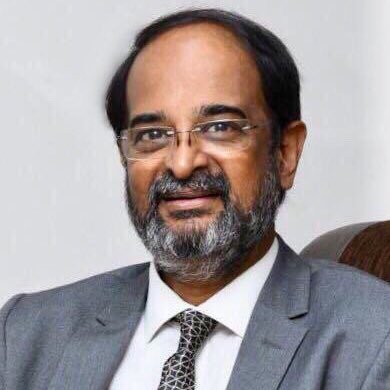 Mike Muralidharan, Chief Operating Officer, Bahwan CyberTek
Mike Muralidharan, Chief Operating Officer, Bahwan CyberTek
“India’s thrust on Digitalisation continues to be the springboard in our race against global manufacturing superpowers. Our IT competency is powering the shift towards a multipolar world, helping Asia become one of the power centers of globalization. India is in a sweet spot with a thriving knowledge capital, political neutrality, a government intent to deploy Indian goods and services globally, and the opportunity to deliver cost effective, high-value added services, with improved wifi connectivity even in remote tier 2/tier 3 towns. For a country like India with 100 unicorns, and more in the offing, I’m confident the technology sector will play a crucial role in our nation’s pursuit of the $5 trillion economy target.”
“Location Intelligence is transforming the way businesses are devising strategies, analysing competitors, managing operations and engaging customers. Decision-makers are imbibing spatial literacy to be able to effectively use location intelligence solutions and build a ‘Location Strategy’ within their IT Landscape of the organization. Seeing all relevant information in the context of location—on a map powered application or dashboard is helping businesses get deeper insights and giving ability to roll out location intelligence based IT automation of business processes. As businesses understand the importance of location technology, the need for creating geospatially literate IT teams within organizations becomes all the more necessary.
With technologies like GIS (Geographic Information Systems) that serve as the backbone for Location Intelligence Infrastructure becoming more popular, companies are joining the quest for deeper knowledge. As a leader in the field of GIS, we at Esri India, are taking multiple initiatives to create market skills and knowledge. Be it inculcating GIS skills in students at the university level or empowering the developers with the right tools to incorporate location intelligence in businesses, Esri India is making a strong impact in today’s technology-driven business landscape. Indo ArcGIS is a complete platform that individuals and organizations use to find, explore, create, and share maps; apply geospatial data, tools, and models to solve problems; collaborate in groups and communities; and deploy geospatial resources whenever and wherever they are needed. Esri India instructor-led training provides the foundation professionals need to learn how to build a strong platform, extend it across an organization, and fully leverage their GIS investment. Staying current with the latest GIS technology gives businesses a competitive edge”.
 Kumar Vembu, CEO & Co-Founder, GOFRUGAL
Kumar Vembu, CEO & Co-Founder, GOFRUGAL
"The future is much larger and many times scarier than it has ever looked in the past. Smart companies are ones that would use technology as a smart platform for all stakeholders to seamlessly collaborate, paving the way for connected business. Omni-channel experiences will continue to evolve so far as to let consumers enjoy a seamless shopping experience - both offline and online.
Gofrugal will continue to make technology easy, intuitive, and affordable to help businesses, agnostic of size and style, to stay competitive. Gofrugal has, is, and will continue to enable businesses to win by letting them work with minimal staff, with least skills, yet make 100% reliable with accurate predictions and decision recommendations-based solutions."
Ganesh Shankar, CEO & Co-Founder, RFPIO
“Request for proposal (RFP) technology was originally developed only for procurement, to help organizations issue, track, and monitor RFPs when they sourced a new product, service, or solution provider. RFP technology developers recognized an opportunity to improve efficiency, encourage competition, and accelerate supply chains. However, these solutions neglected the needs of responders. In fact, as RFP technology made it easier for issuers to include demands for guaranteed service levels, risk mitigation, regulatory compliance, privacy assurances, and security protocols in their RFPs, questionnaires ballooned; while RFP issuing technology made it easier for organizations to ask for these requirements, responders were still stuck with manual or in-house solutions that offered unreliable results.
Companies such as RFPIO developed response management technology to support responders. Early versions of the technology-focused on automating response processes, in-app collaboration tools, and organizing content to respond to RFPs and security questionnaires faster. As the technology has advanced, sales teams have also realized the value of responding faster and more accurately from a library of response-ready content that can be accessed from almost everywhere, including web browsers, CRMs, Microsoft Office, Slack, and more. Now, with AI-enabled automated responses, intuitive proposal building tools that enable easier proactive responding, and ubiquitous knowledge management available to all responders—including sales, proposal, customer support, analyst relations, investor relations, and IT teams—having RFPIO in a sales tech stack is a game-changing competitive advantage.”
 Satish Pala, CTO, Indium Software
Satish Pala, CTO, Indium Software
“Manufacturing Industry has been in constant lookout for technology advancements that would eventually help increase operational efficiency, better quality control, lower production costs, lower maintenance costs, increase revenue, etc,. With adoption of Industry 4.0 principles, the industry has been addressing challenges like having to deal with complex processes, high costs due to legacy tools and technologies.
Some of the key assessments required to be done before the tech shift include 1) the equipment readiness to be connected to a central data system, 2) Software and Hardware required for addressing loads of data being generated 3) Capacity of the IT systems like storage, processing, etc, 3) Readiness for Smart Operations and 4) Change Resistance in People
One of the key technology shifts in the manufacturing space is deploying technology solutions driven by Artificial Intelligence. Some of these AI driven use cases include: 1) Detection of anomalies and perform predictive maintenance to save huge repair costs. IIOT devices help with collection of relevant data sets 2) Improve quality control by statistical process control 3) Inspection of products/components using AI based visual tech and thereby reduce human errors
Another key AI use case is Digital Twin technology where in a physical object, process or a whole factory for example is represented digitally. Some industry examples include engines, wind farms, buildings, cities, etc,. The digital twin technology can be used to collect data, create simulations that can predict how a product or process will perform.”
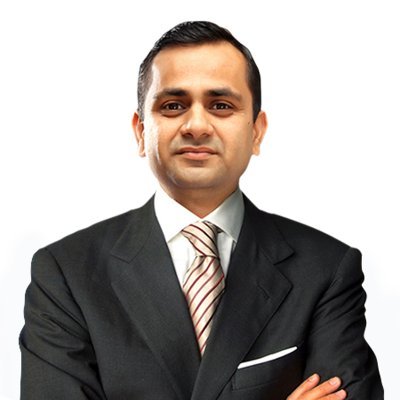 Kalpit Jain, Group CEO, Netcore Cloud
Kalpit Jain, Group CEO, Netcore Cloud
"COVID-19 has resulted in a surge digital adoption across industries and geographies, transforming the way organizations function, and compelling them to adopt new technologies overnight. As digital adoption took a quantum leap, businesses tried to survive and stay relevant to customers and their evolving needs. These technology-led changes transformed the way companies interact with their customers. Brands that adopted the 'adapt and respond' strategy to combat this change are today leading the way in customer engagement.
On National Technology Day, we at Netcore Cloud, would like to acknowledge the important role that technology plays in building customer experience and engagement. We are constantly striving to incorporate new technologies that provide CMOs and growth managers more intelligent and meaningful ways to engage, acquire and retain customers. We will continue in our efforts to bring innovative and advanced technology-led solutions to marketers across the globe as we scale.”
 Geetika Goel, Head of Technology, Hero Vired
Geetika Goel, Head of Technology, Hero Vired
“As a woman in the technology industry for the past two decades, I have encountered a variety of challenges and opportunities to create a niche for myself. It's encouraging to see a surge in female talent and a growing interest in upskilling. It is unquestionably a sign of India's bright future in the technology industry. This, combined with the government's laser-like focus on digitising the country, has boosted the industry and created an inclusive environment for all genders to thrive on a national and international scale. At Hero Vired, I work with a world-class team of engineers and tech enthusiasts to realise the company's shared vision and growth goals, all while instilling a strong digital-first culture.”
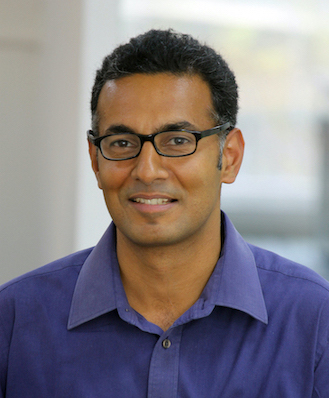 Gaurav Burman, VP & APAC President, 75F, India
Gaurav Burman, VP & APAC President, 75F, India
This World Technology Day, we concede that the tech-enabled era has eased our way of life and helped us navigate through our daily lives effortlessly. Technology is now fully integrated into our lives, and we are witnessing a global evolution of technology and data every day. Technologies like IoT, AI & ML, cloud computing, and building automation have taken the world by storm. Such innovations and the use of intelligent building management systems (BMS) are now witnessing more demand and development than ever.
On that front, India’s technological advancement is prominent and it also contributes to the global developments in a major way. India ranks third among the most attractive investment destinations for technology transactions in the world. According to IBEF report, India now ranks 46 among 50 countries in the Global Innovation Index (GII); up from 48th in 2020. The prolonged Covid-19 pandemic has highlighted the importance and accelerated the implementation of digital technologies in all avenues. Although we are getting more tech-savvy and technologically adept, we must not lose sight of the need of living in an environmentally sustainable manner. Technology is boosting the economies and industries on a global scale for the past few decades, but the most important aspect of our technology for the future is cleaner and greener technology.
Buildings account for almost 40% of global carbon emissions and 30% of all energy-related greenhouse gas emissions. The building and construction industry has been on a fast track to reducing resource consumption and carbon emission throughout the lifecycle of buildings. We, at 75F, hope to build a world that reduces the negative environmental impact through our energy-efficient solutions for buildings. We encourage industry leaders and companies to take a step towards the same and build better systems.
 Sandeep Mukherjee, Director, Fluent Commerce, India
Sandeep Mukherjee, Director, Fluent Commerce, India
Due to the pandemic, there’s possibly no part of the world that has not turned to technology to alleviate the inconveniences caused by lockdowns, travel restrictions and supply chain delays in the last few years. In the same race, India upped its game and is currently third in the world as the most attractive investment destination for technology transactions, suggesting that its technological fields have evolved significantly.
The pandemic also transformed consumer buying habits in India, with e-commerce penetration numbers shooting up as consumers became more comfortable making purchases online. According to the Payoneer report, during this time the Indian e-commerce sector moved up to 9th in cross-border growth in the world with a 21.5% increase expected in 2022. Simultaneously, there was a need to improve the fulfillment and delivery operations of retailers, which could only be accomplished by implementing effective and highly flexible Order Management systems. People now prefer online shopping and doorstep deliveries, making efficient and convenient order fulfillment even more vital for business success. Thanks to technological innovation and effective resource management, the sector can now soar higher than ever before to fulfill the current demands of the new business ecosystem, such as e-commerce, no-contact deliveries, dark stores, and surge in temperature-controlled storage and transportation.
At Fluent Commerce we believe that collection and analysis of information related to each stage of an order are critical in evolving business models, particularly in retail. Our services include modules such as Product Availability, Order and Inventory Management, Single View of Inventory and Store Fulfillment. These solutions give supply chain visibility at a level that allows you to track and locate your merchandise through every channel, regardless of where it is located or what stage it is in the fulfillment journey. We hope to assist retailers and brands in transitioning from a disorganized, decentralized way to monitor stock and fulfill orders to a centralized and highly efficient system. We feel that the country will acknowledge the sector's contribution and the endless opportunities that come with it."
 Anuj Viad, CEO, CMS IT Services
Anuj Viad, CEO, CMS IT Services
"This May 11th, our National Technology Day, I would like to thank all whose contributions we are enjoying which also spur us to chip in.
For far too long, the concept of ‘development’ is based on how much of earth's resources have been exploited efficiently. This has created its own challenges – climate change being key.
Indians have historically looked at holistic development and it is this differentiated approach that we should embrace as we bring to bear new technological interventions for a superior sustainable future. Thought leadership intermeshed with intrinsically sustainable designs must propel our technology leadership on the global stage."
Rahul Bhardwaj, Country Head, India, and South Asia, Graymatics
"There is a lot of pressure on infrastructure and resources when it comes to development in a country like India. In the last few decades, urban areas have expanded rapidly and haphazardly, and now that the adverse impacts of global warming are being felt, the need to reverse and reduce environmental damage is also emerging. One of the key technology integrations in this arena happens to be the development of Smart Cities. The future lies in building these self-sustaining communities which can reduce resource consumption and pollution alongside efficient management of all activities. For instance, Smart Cities are envisaged to use video AI, big data analytics, and IoT-based tools for monitoring and management of transportation, utility management, surveillance, and pre-emptive security landscape. It is through such integration of science and technology to foster sustainability that the vision of a socio-economically stronger Digital India will be realized in the years ahead."
 Venkatesh Sundar, Co-founder, and CMO, Indusface
Venkatesh Sundar, Co-founder, and CMO, Indusface
"Digital technology has emerged as the solution for all modern-day challenges across personal and business domains. In the last 23 years, the evolution of modern tech-driven businesses and public enterprises has been the catalyst in the socio-economic rise of the country. As we transition from an era of using technology as an option to the age of digital-first living, there is a need for businesses to focus security of digital assets as part of digitization initiatives. There are apps and tools for almost everything and the threat of cyber-attacks and data theft have become pronounced in the current context. That’s where it is pertinent to innovate and create flexible technologies with an application-centric approach to securing the business and its users from cyber threats and gaining trust from the users to embrace digitization for a better experience. Though AI and analytics-based security monitoring and management services/solutions are critical., that by itself will not cut it and has to be backed with also working with experts to tweak, learn and update the models relevant to the application context for it to be effective. Companies need to be extremely alert and dynamically focus on the security of their technology assets as they go on to deliver value to the users. We look forward to continuous contribution to the cause by not just providing solutions to secure the applications but also back it with up security expertise to manage it on a continuous basis to help the business go digital fearlessly focusing on their core. The company is also focusing on making a difference to the people and all-around sustainable growth in the years ahead."
Dhruvil Sanghvi, Founder & CEO, LogiNext
“Within the logistics sector, traditional digitization efforts have lasted several decades, however most of these technologies are now obsolete or based on on-premise solutions. Cloud computing has revolutionised numerous businesses, including logistics. Software as a Service, or SaaS, has emerged as a winning business model for new high-growth technology companies. Customers and technology suppliers both profit from this. Customers benefit from a product that is constantly upgraded, and it lowers the bar for technology providers to produce better products.
Working in the SaaS space, I have seen that this model significantly reduces software costs. In addition, once a piece of software is produced and deployed in the cloud, it requires very little upkeep. When software was installed on-premise, a specialised support team was necessary, and each deployment required many servers to manage. There is only one deployment using SaaS, and it is delivered over the cloud. This translates in gross margins of 85 percent on average, which is a fantastic standard.
According to the most recent Gartner forecast on Transportation Management Systems (TMS), the market will expand from $1.32 billion to $2.11 billion globally (from 2019 through 2024). That's a 60 percent increase in just five years. And SaaS-based automation solutions are responsible for the majority of this. On National Technology Day, I am optimistic about the efforts put in by the technology workforce to build SaaS platforms that are true game changers in the logistics industry.”
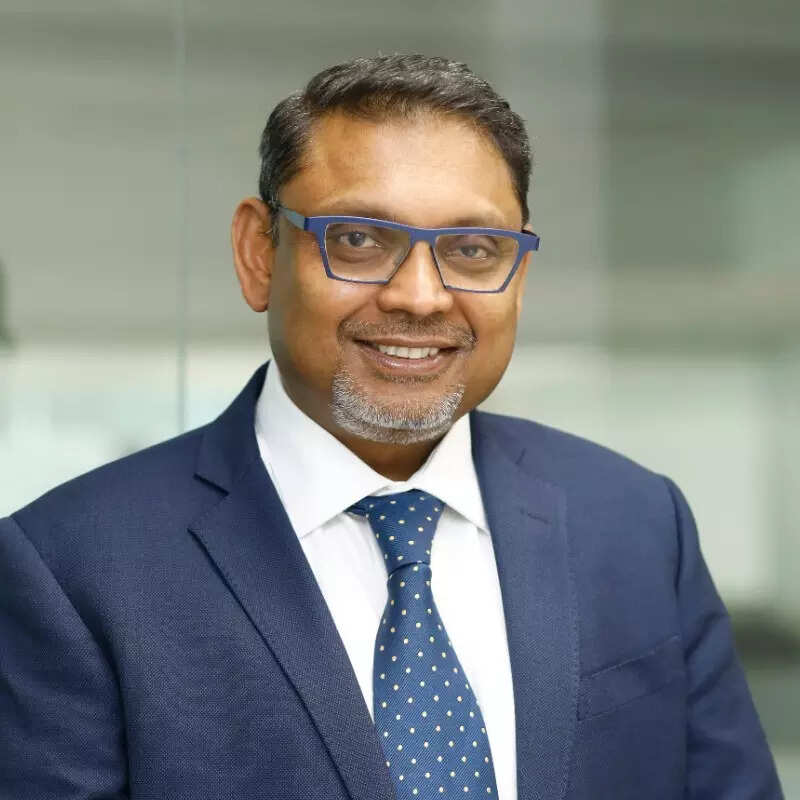
“On National Technology Day, I’d like to honour and celebrate the contribution of Dr. APJ Abdul Kadam as a scientist, people’s President, and exceptional teacher. His exemplary work in the fields of science, technology, and rural empowerment has always inspired me and the world. I also want to take this opportunity to appreciate and applaud our scientists, innovators, and technologists playing a pivotal role in transforming lives with deep tech solutions. Similarly, at Fulcrum Digital, we are on a relentless pursuit of making lives better with the power of our digital platforms. We help customers bring technologically advanced and future-ready products faster to the market through our integrated suite of platform, digital engineering services, and technology consulting.”
 Paresh Zaveri, Chairman & Managing Director, Aurionpro Solutions
Paresh Zaveri, Chairman & Managing Director, Aurionpro Solutions
“Buckminster Fuller, an American architect once quoted ‘You never change things by fighting the existing reality. To change something, build a new model that makes the existing model obsolete’. The quote clearly defines the need & capability of model improvisation to develop, change & implement the new technologies in everyday life for all firms & entities. Technological innovations will be key to the futuristic survival of all industry sectors. We at Aurionpro Solutions are committed to innovate, adapt and succeed in leveraging emerging tech to build products of the future, and placing customer needs at the core of what we do. As we celebrate National Technology Day, I’d like to express my gratitude to all our tech leaders for doing their best to place India at the forefront of global tech innovations.”
 Rajesh Uttamchandani, Director, Syska Group
Rajesh Uttamchandani, Director, Syska Group
"Brands have been sharpening their expertise in cutting-edge technology as it has altered our lives, from the evolution of voice assistants to the introduction of smart products. The technological era has charged an exhilarating stage in the smart product market, delivering consumers with unique and improved smart home technologies which are leaning towards an interconnected, easy-to-control habitat. Lifestyle patterns are constantly shifting, not just as a result of external forces, but also because of shifting consumer patterns fuelled by the rapid growth and adoption of innovative technology. Hence, brands today are offering products basis evolving necessities and are prioritising around incorporating technology for a sustainable environment. At Syska, we focus on delivering technology-led products that conserve energy and are sustainable. Our LED products save energy up to 70% by application, and our wires are made basis Indo-European technology which saves up to 3% energy. In addition, our fans are built with BLDC technology which saves up to 50% energy. As we celebrate National Technology Day on 11th May, we believe there is a need to celebrate the innovative technology that focuses on making conscious products for future living.”
 Vishwastam Shukla, CTO of HackerEarth
Vishwastam Shukla, CTO of HackerEarth
"21st century technologies and the Industrial Revolution have long been blamed for the climate issues we see today. With the advent of digital and data technology, the tech sector can play a huge role in building sustainable and eco-friendly systems for the future. Companies need to start working with a 'technology ecoadvantage" and build sustainability goals into their processes. A combination of process automation, carbon data transparency, and clever product design can help companies achieve profitability with an eye on net-zero and other ESG goals. By rethinking the traditional, companies can affect major changes in the areas of digitized operations; product and service design; cloud computing; and data sharing and ecosystem building and management."
 Chaitanya Chokkareddy, Chief Innovation Officer, Ozonetel
Chaitanya Chokkareddy, Chief Innovation Officer, Ozonetel
“It’s wonderful that we have a special day like the National Technology Day to recognize the efforts of tech companies and engineers towards simplifying lives. During the pandemic, for instance, we saw the critical role that technology played.
In our sector, cloud communication technologies enabled remote-working and business continuity for thousands of businesses. In fact, over the last ten years, cloud communications have been on an unstoppable rise. With technological advances and government support, we can see a thriving business environment that shows no sign of slowing down. Moreover, because AI and cloud are interlinked, cloud transformation is also essential for companies to drive digital transformation and automation. Here cloud technology enables businesses to integrate their communications with other cloud tools to break silos and transform the role of contact centers.
Today cloud communications are evolving into digital-first, automation-first solutions that enable personalized interaction on every channel and at every step of the customer journey. It’s all about learning to blend human and AI support perfectly at critical customer touchpoints.
The next step in the journey is to tap the millions of customer conversations to derive critical business and customer experience insights through speech analytics. Finally, future-ready organizations will start understanding how they can use cloud communications in the metaverse.”

"Today, technology has transformed every aspect of the world. When it comes to businesses, sales processes have evolved completely as a result of excellence in engineering and a focus on automation. We are proud to be a part of this tech revolution as we try to make customer relationships more efficient with sales tech. From reducing errors, saving time to minimizing operational costs, sales tech has not only made every process faster but has also changed the way organizations sell today. The prime motive of sales tech is to help businesses scale and increase sales teams' productivity. This leads to sustainable innovation and consistently ensures that technology advancements, assist business development in all possible ways. Undoubtedly, the engineers and scientists of this nation have played a key role in India's tech evolution so far."
 Chandramohan Parlapalli, COO and Co-founder of PreludeSys
Chandramohan Parlapalli, COO and Co-founder of PreludeSys
"Pre-pandemic, technology played a supporting role to achieve non-IT industry business goals and long-term strategies. It was more of an operational support. The pandemic was the tipping point that demonstrated the untapped potential of IT as an equal partner for customer success. For instance, IT promoted the online channel to the business model, and the tool for seamless work environment in a distributed office, home, and the travel mode. It’s the technology that will be at the core for the organization mission, vision, and subsequent strategy. To achieve India’s target of a five trillion-dollar economy by 2030, the technology service provider industry will play a key role. It will be a core component across all industry sectors and services that will directly or indirectly contribute to jobs and revenue. As we are all aware, Indian IT companies have increased their contribution to India's GDP from 1.2% in 1998 to almost 8% in 2018 and 7.7% of India's GDP in 2020. And this will only grow. Currently 4.5 million people are employed by IT-BPM sector. And the last count of 100 unicorns from India is just the beginning."
 Aakrit Vaish, Co Founder and Ceo, Haptik
Aakrit Vaish, Co Founder and Ceo, Haptik
."Technology is at the center of everything we do at Haptik. The advancements in AI and NLP have been the bedrock behind the massive growth of Conversational AI.
We're excited to be a part of the ever-expanding SaaS space in India and globally. Today, Customer Experience has become the ultimate brand differentiator.
The consumer-tech industry has seen an unprecedented scale in the past decade. Kudos to Jio for making the internet accessible to every Indian. A robust VC ecosystem has been instrumental in this hyper-exponential growth. Big ups to the government for supporting these VCs, tapping the massive potential of India. India has indeed become one of the most technologically advanced nations!
While we've seen new technology shape organizations, one cannot ignore the work done by the industry veterans. They deserve the credit for paving the way for new-age companies like - Haptik and others. We're beyond excited to build a company for the world from India!"
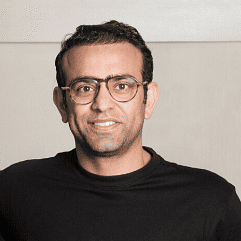 Amit Khatri, Co-Founder,Noise
Amit Khatri, Co-Founder,Noise
"The aim of Noise Labs is to build first-of-its-kind and ground-breaking products for New Age India, with user-centricity at its core. Noise intends to develop technology for the future with this innovation incubator center, strengthening its core ambition of becoming a technology-driven company that delivers products that satisfy evolving consumer needs.
On National Technology Day, Noise, India's leading connected lifestyle tech brand, announced the opening of 'Noise Labs.' Noise believes that a brand's ability to prosper is determined by its ability to innovate and that innovation occurs when ideas are implemented to produce value. The lab's goal is to bring new ideas to light that will help Noise users have the best experience possible while also utilizing future technology in a consumer-friendly way. Noise Labs will invest in concepts and technologies that may be developed sustainably for future generations, allowing young India to grow."
 Hamish Patel, Chief Product Officer, World of Play
Hamish Patel, Chief Product Officer, World of Play
"Good engineering feels like magic and at PLAY we strive for this with each of our product, for our valued customers. World of PLAY’s engineering will play a vital role in the coming years to lead the way for our honourable PM, Mr Modi’s mission of “Make in India”. This national technology day, we should all resolve to take on hard engineering problems to make our country a global leader."
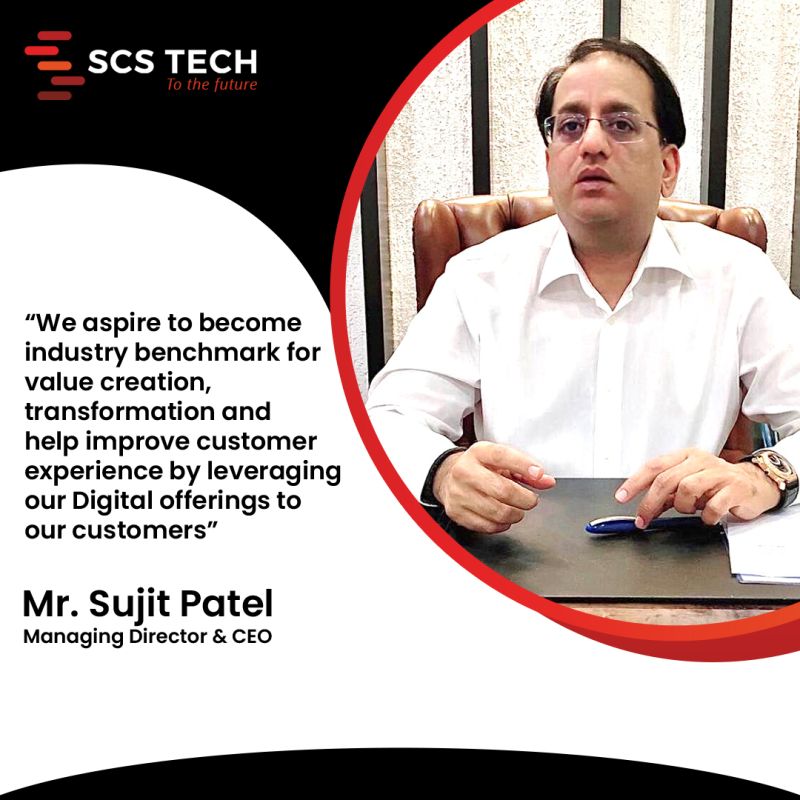
"We at SCS Tech enable our global customers to achieve digital transformation and provide smart product solutions with our tech consulting, bespoke solutions, as well as professional services. SCS Tech has come up with a unique solution catering to post-incident data called Intelligence Debriefing With Analytics (IDA). IDA is a comprehensive incident management software that tracks, analyses and collates incident data from multiple sources into a single debriefing report, and provides real-time data on past incidents coupled with predictive analytics to forecast future incidents and their potential causes. IDA answers the What, Why and How of any incident by documenting causes, effects, patterns, and results onto a single encrypted file, thus easing compliance, boosting efficiency, and improving management decisions. Celebrating all the technological firsts of our country. Happy #NationalTechnologyDay!"
 Aveekshith Bushan, Regional Director & General Manager APAC
Aveekshith Bushan, Regional Director & General Manager APAC
“Throughout the pandemic, the Indian technology industry was instrumental in enabling both the global and Indian end-user to keep the lights on. We helped end-users live and work online and transform businesses into digital enterprises. In India, Aerospike and other leading technology companies are continuing to help by finding solutions for supply chain issues, online fraud, and increasing shopping cart size.”
Technology developed out of India
Many of the core server features of the product have been built in the India office. Further, much of the ecosystem and connectors have been designed and built here as well. As we all know, India is a large center for engineers and developers. Aerospike strategically leveraged some of the top engineers to create the Aerospike Database 6 which powers the Aerospike Real-time Data Platform and they continue to shape the future of the product.

Aerospike’s engineers are making a difference in India or globally
Right at the outset, when Aerospike was formed in Silicon Valley, the founders, one of whom is Indian, established an engineering presence in India. This team supports customers globally and was instrumental in developing some of the core features of the Aerospike Real-time Data Platform. The team consists of some of the smartest minds from top schools and colleges in India.
One of the key charters of Aerospike our Indian engineers take to heart is to build a technology that co-exists with other existing platforms while reducing server footprint. This helps reduce carbon footprint to build a sustainable future with efficient use of Infrastructure.
Having a strong engineering presence in India has helped capture the requirements and needs of customers in the region, especially given the massive scale and performance requirements that are inherent in a market like India. In addition to engineering, the India team consists of a very strong support function to help our ever-growing customer base continue to deploy mission-critical use cases in the region.
The technical function includes a core team of Solution Architects and Consultants, with a very strong industry background, to help qualify, architect, design, and migrate customer use cases onto the Aerospike Real-time Data Platform. Having a strong technical team across functions in India has helped catapult the adoption and usage of Aerospike in the market.
 Praval Singh, Vice President, Zoho Corp.
Praval Singh, Vice President, Zoho Corp.
To make India a global technology leader, we need to create a culture where long-term R&D is prioritised and incentivised, particularly in developing deep-tech capabilities in critical sectors such as healthcare and semiconductors. In order to do this on a large scale, we need to tap talent that exists in rural and non-urban areas in India, and invest in upskilling them. Zoho has developed its own technology stack over 25+ years of dedicated R&D, and now has products that compete with those by global giants. We are also investing in various startups to help create a deep-tech ecosystem in India. This National Technology Day, we hope that more entrepreneurs will work towards building technological capabilities in the country that will help us not just be atmanirbhar but also compete at a global scale.
 Jayaraman Krishnamurthy, Head of Industry Strategy and Sales, o9 Solutions India
Jayaraman Krishnamurthy, Head of Industry Strategy and Sales, o9 Solutions India
Sustainability is a key priority of all companies. There is a lot of pressure to transform the supply chain of companies to a sustainable end state and technology is available that can enable that. Government mandates for Carbon accounting and supply chain transparency are increasingly getting stricter but companies are not in a position to comply with them even though they will help them significantly in the medium to long run. Also, the entire ecosystem, industries and sectors have to work together to make this a reality. Sustainable processes enabled by Artificial Intelligence, Analytics and Market Intelligence Capabilities can help industry navigate through this transformational journey and save the planet. New capabilities will guide customers as they progress through the stages of maturity in the transformation process, from gaining basic situational awareness to intelligent network analysis and design and, ultimately, to end-to-end supply chain visibility and collaboration.

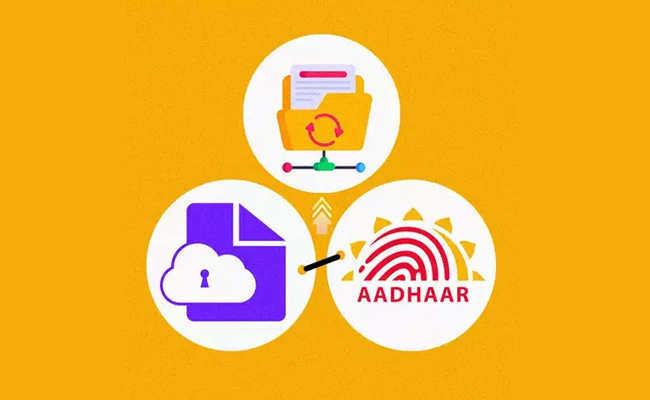
The government of India intends to construct a single portal f
A single portal will be launched by the Indian government to list all of it...

OpenAI offers GPT-4o, a faster model available to all users at
GPT-4o, a faster and more sophisticated AI model, is made available to all...

Paytm brings UPI Lite Wallet for low-value transactions
Paytm’s parent company One97 Communications (OCL) is emphasizing upon UP...
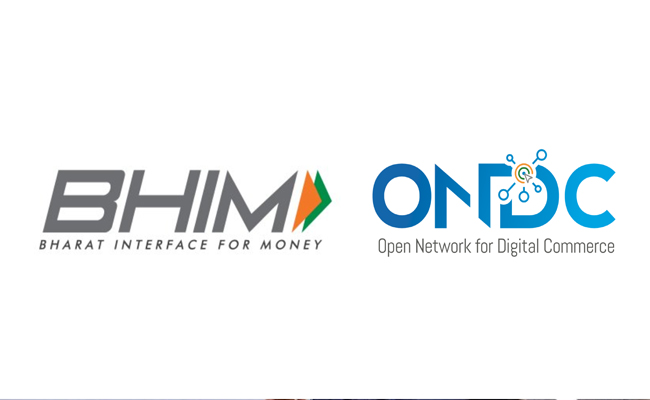
BHIM to join e-commerce, competing with PhonePe and Google Pay
The government-supported payment software BHIM is getting ready to join t...

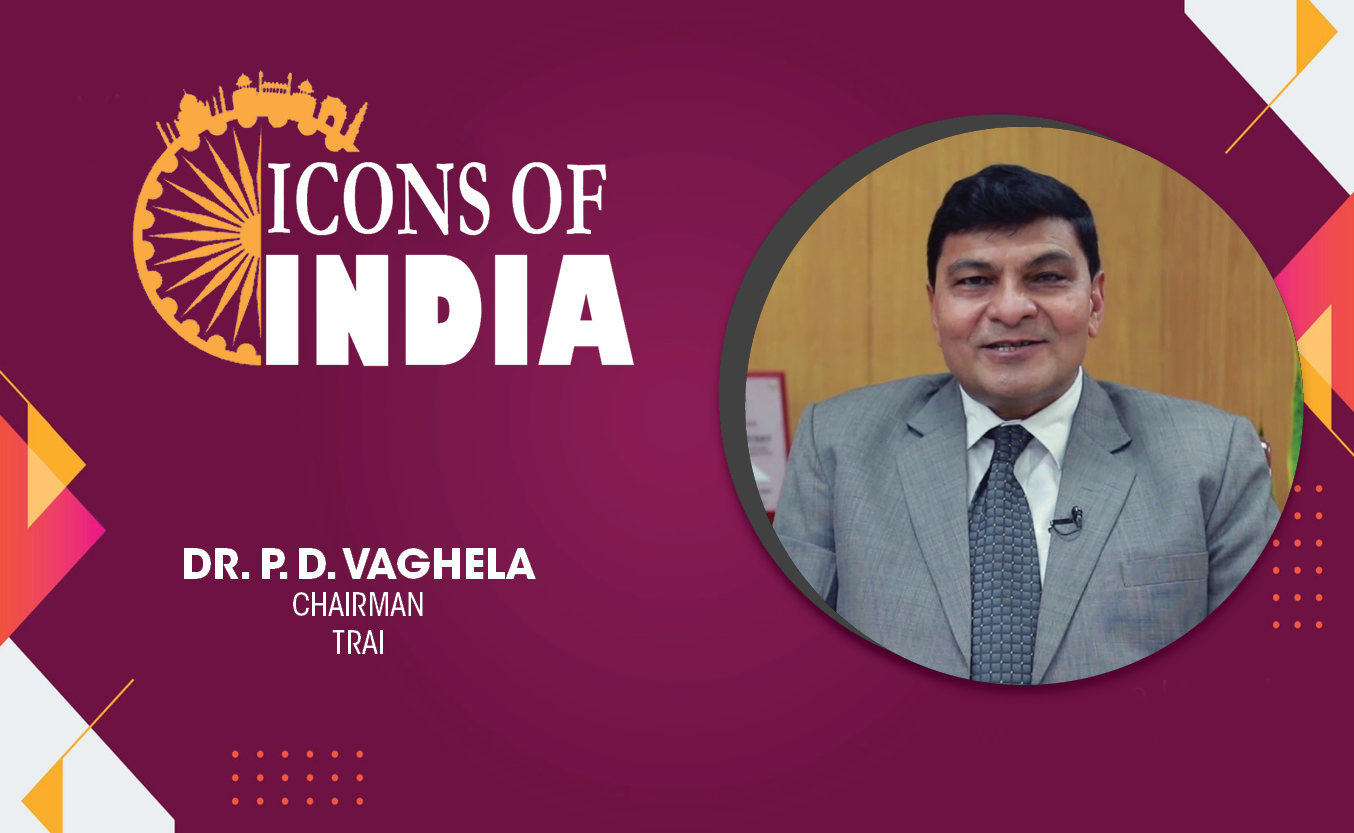
Technology Icons Of India 2023: Dr. P D Vaghela
Dr PD Vaghela serves as the Chairperson of Telecommunications Regulato...
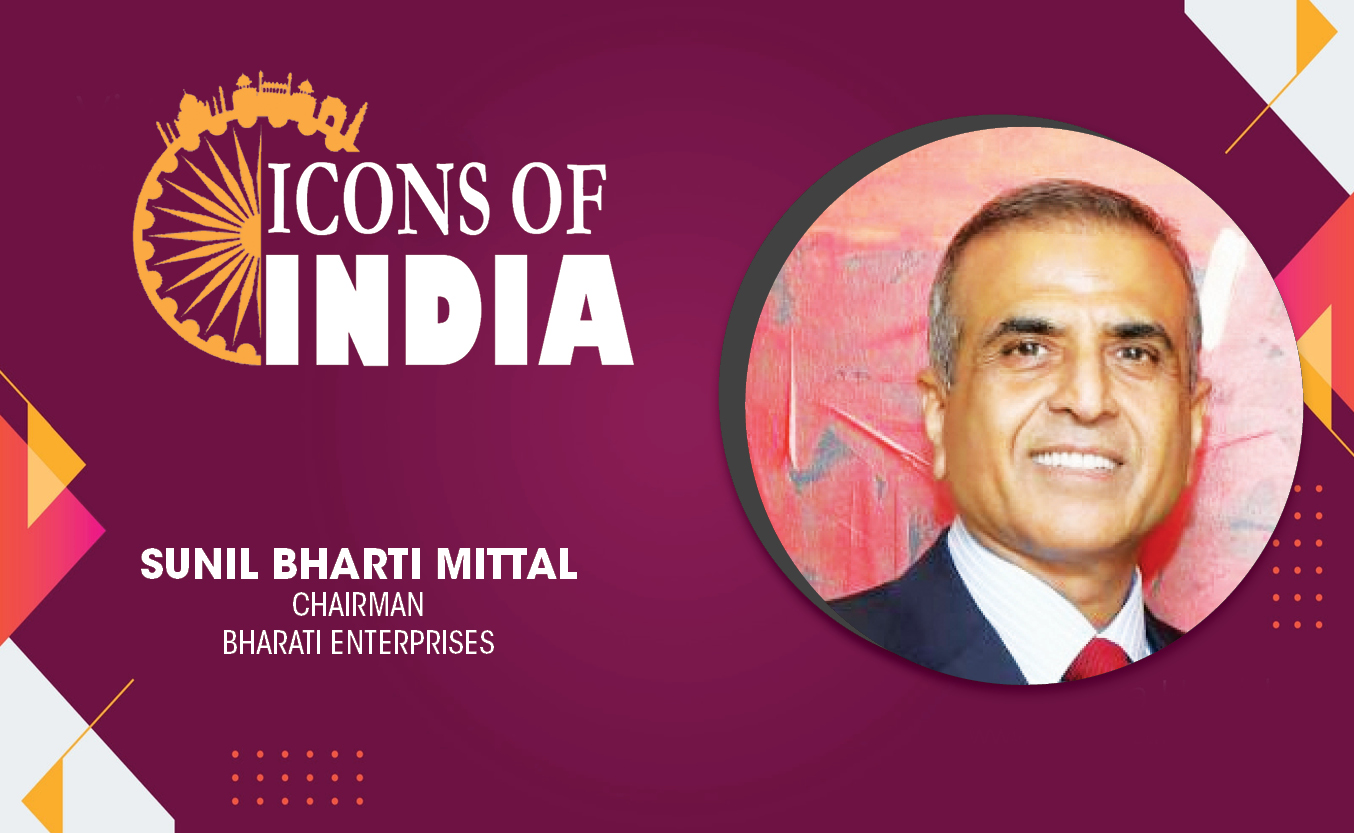
Technology Icons Of India 2023: Sunil Bharti Mittal
Sunil Bharti Mittal is the Founder and Chairman of Bharti Enterprises,...
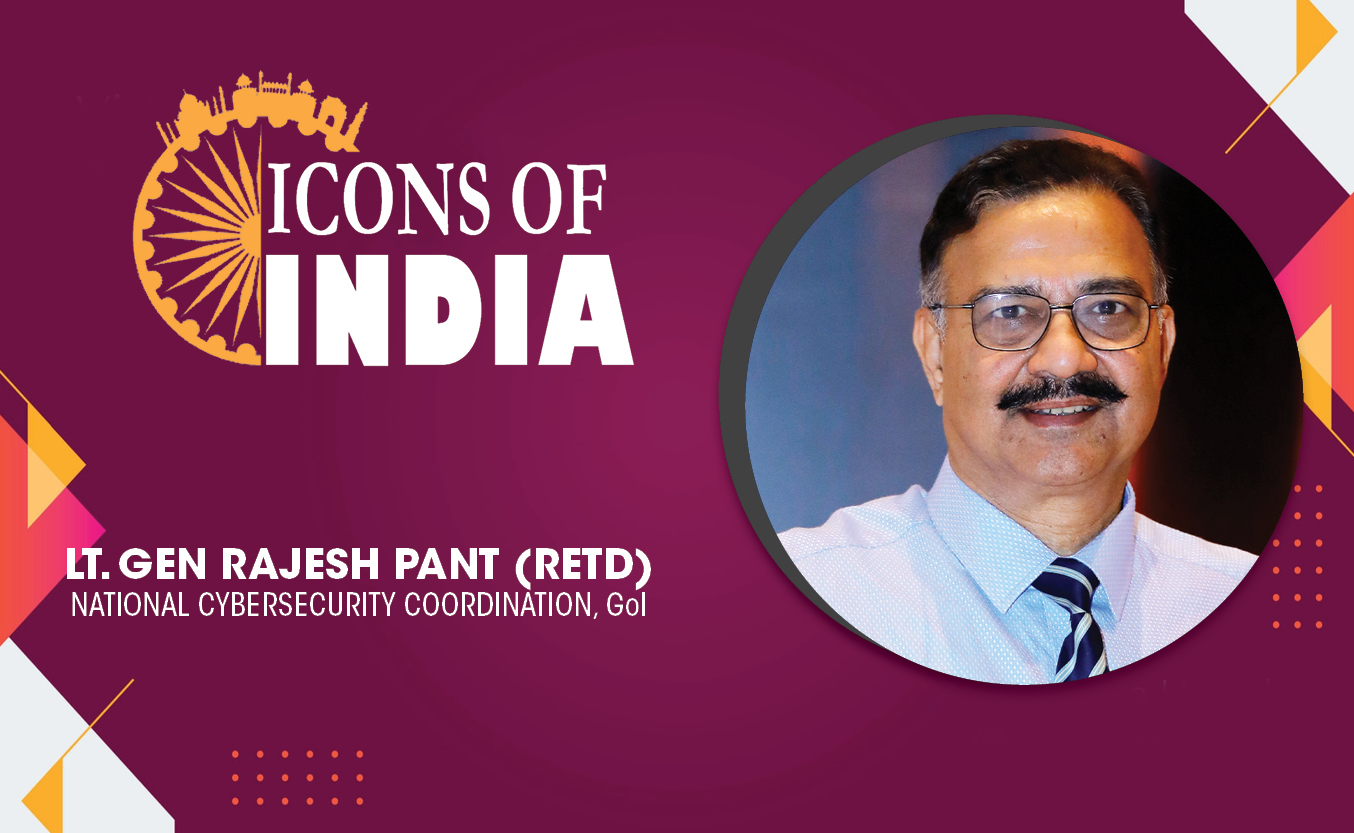
Technology Icons Of India 2023: Lt Gen (Dr.) Rajesh Pant (Retd.)
LT Gen(Dr.) Rajesh Panth (Retd.), National cyber security coordination...

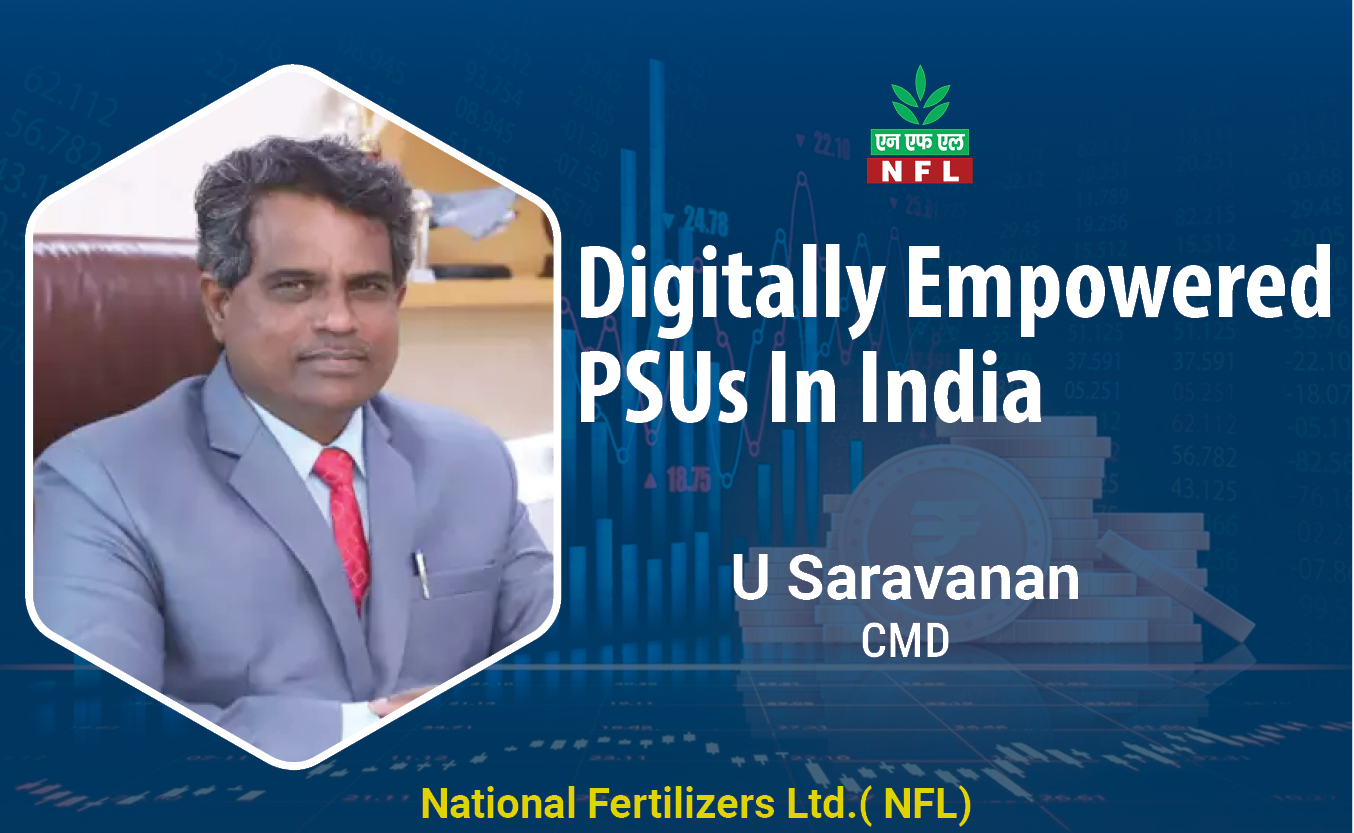
Leading company into fertilizers in the country
NFL is a dynamic organization committed to serve the farming community...
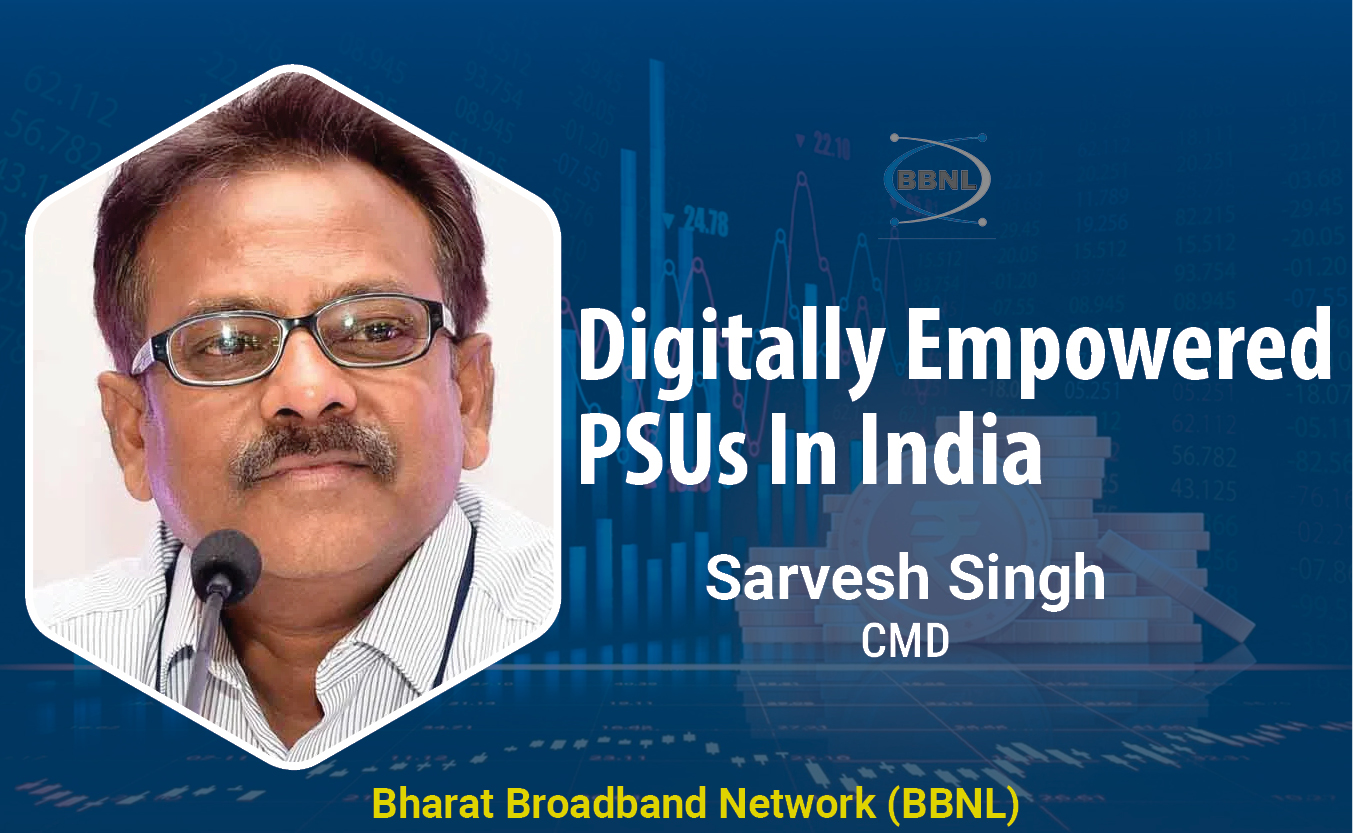
BBNL empowering rural India digitally
BBNL provide high speed digital connectivity to Rural India at afforda...
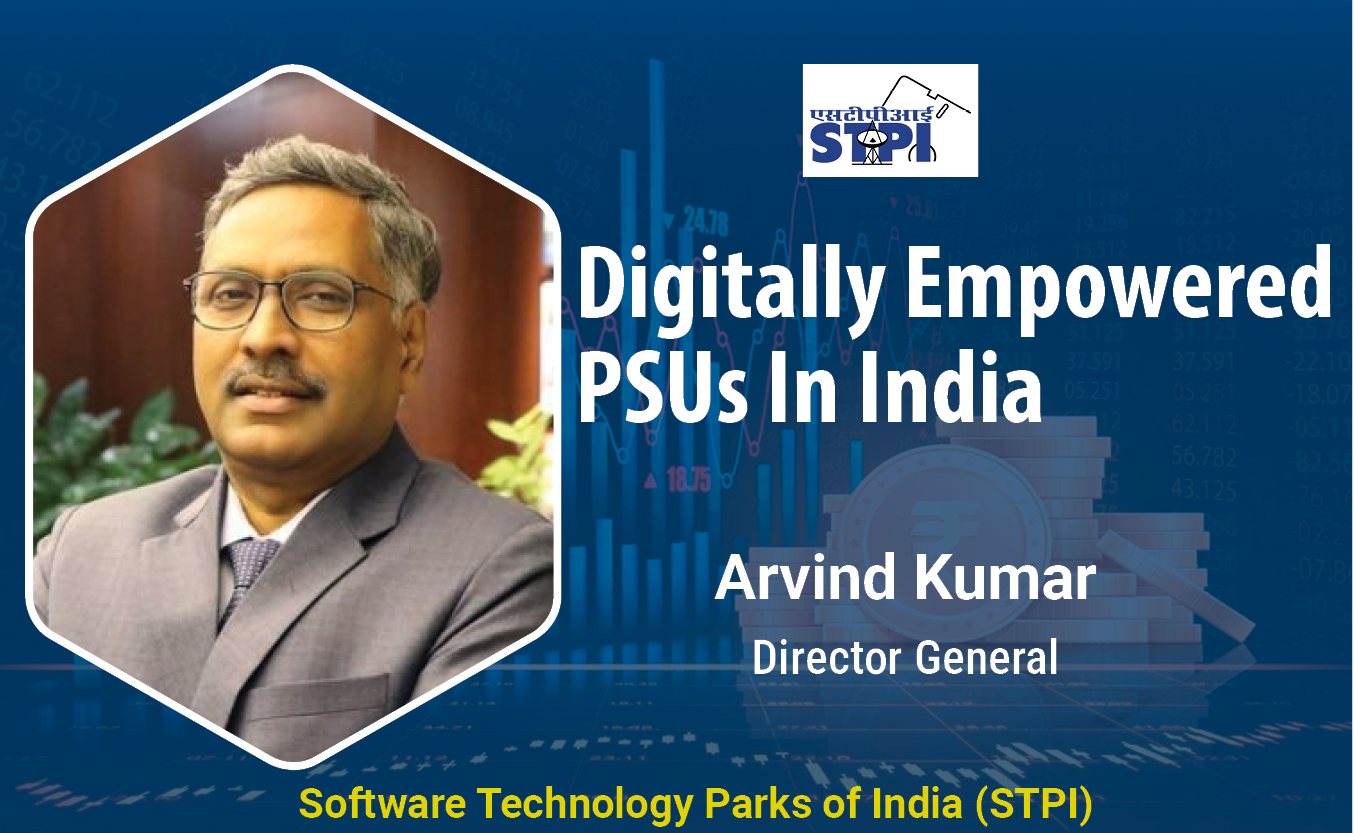
STPI encouraging software exports from India
Software Technology Parks of India (STPI) is an S&T organization under...

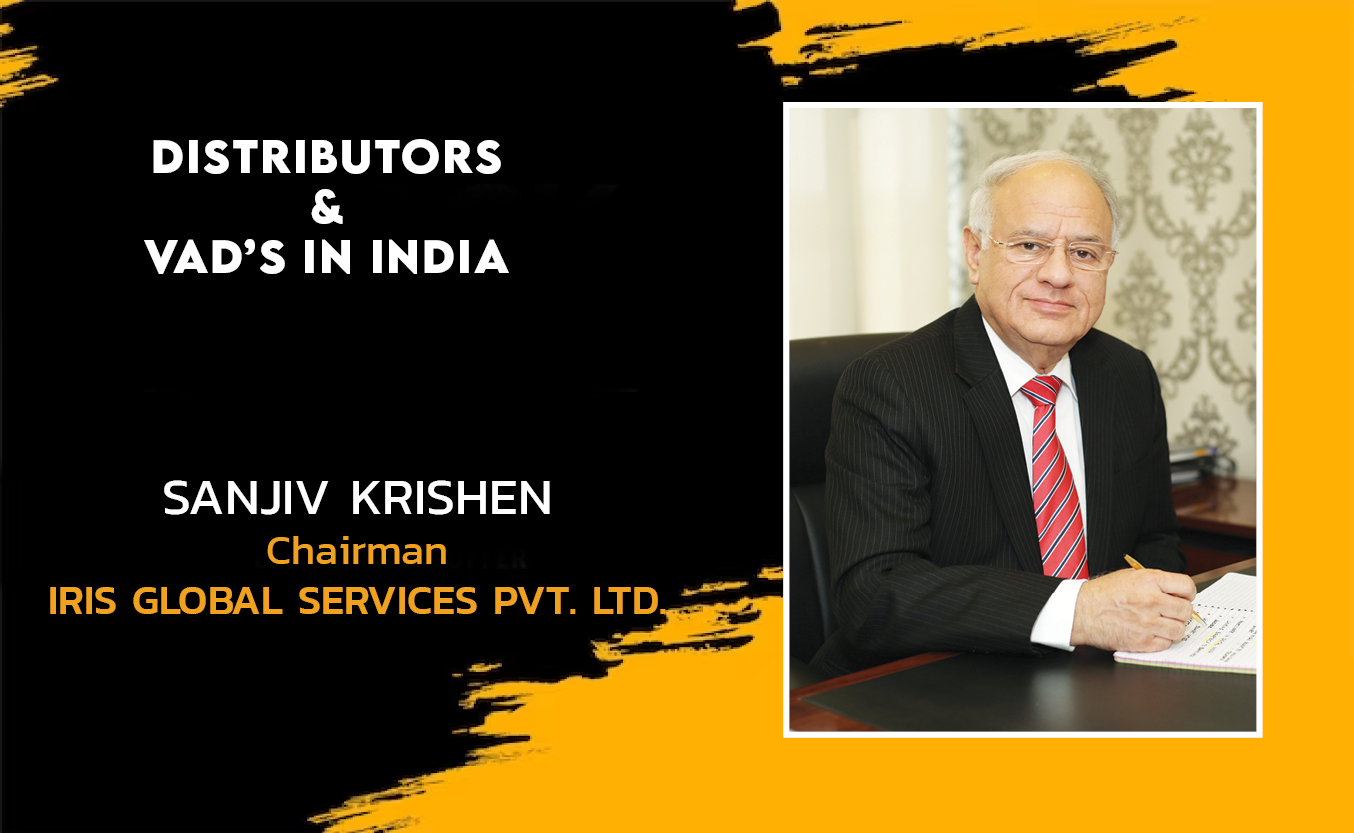
IRIS GLOBAL SERVICES PVT. LTD.
Iris Global services is one of the leading distribution houses that d...
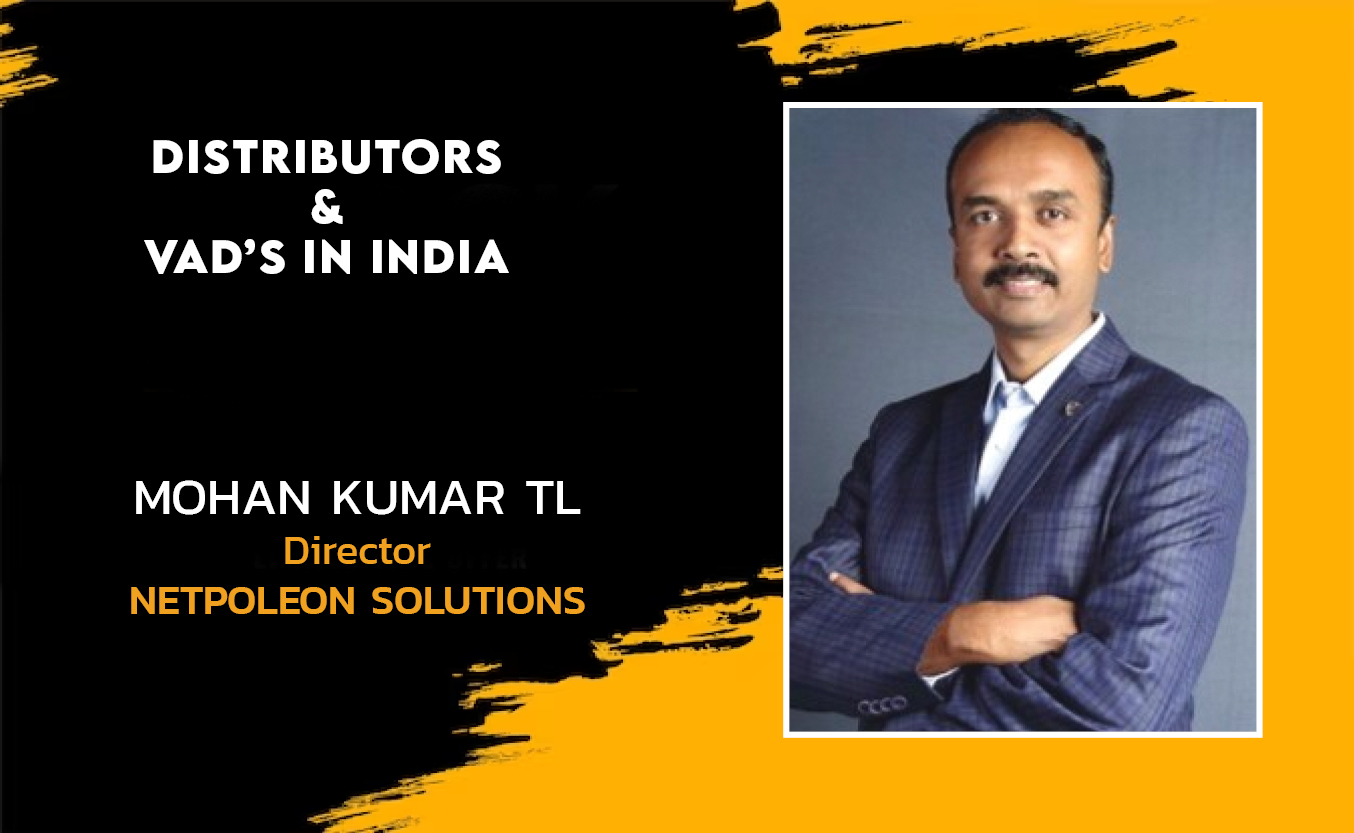
NETPOLEON SOLUTIONS
Netpoleon Group is a Value-Added Distributor (VAD) of Network Security...
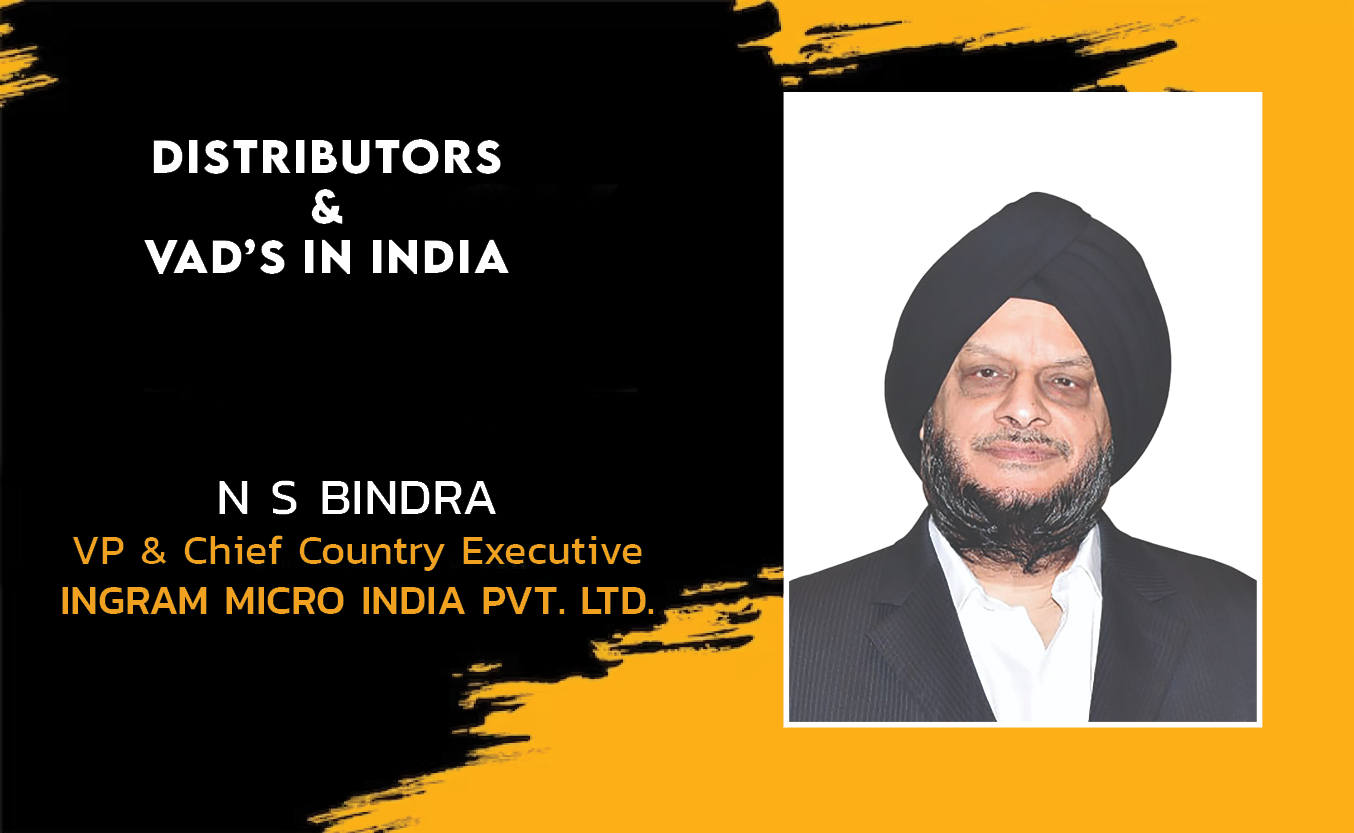
INGRAM MICRO INDIA PVT. LTD.
Ingram Micro India, a large national distributor offers a comprehensiv...